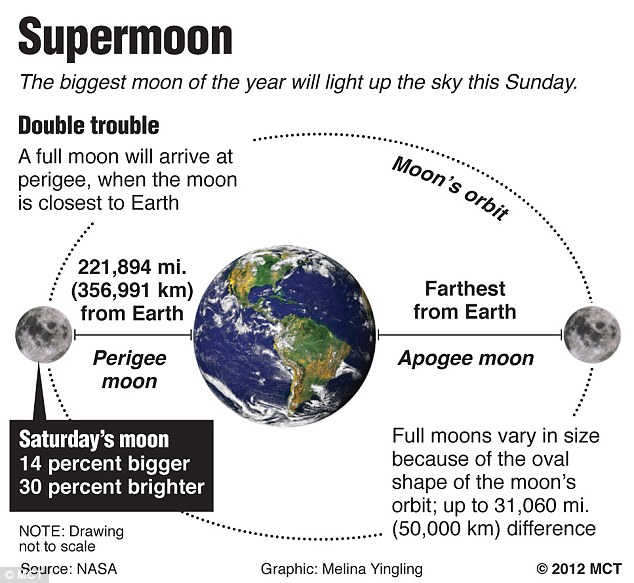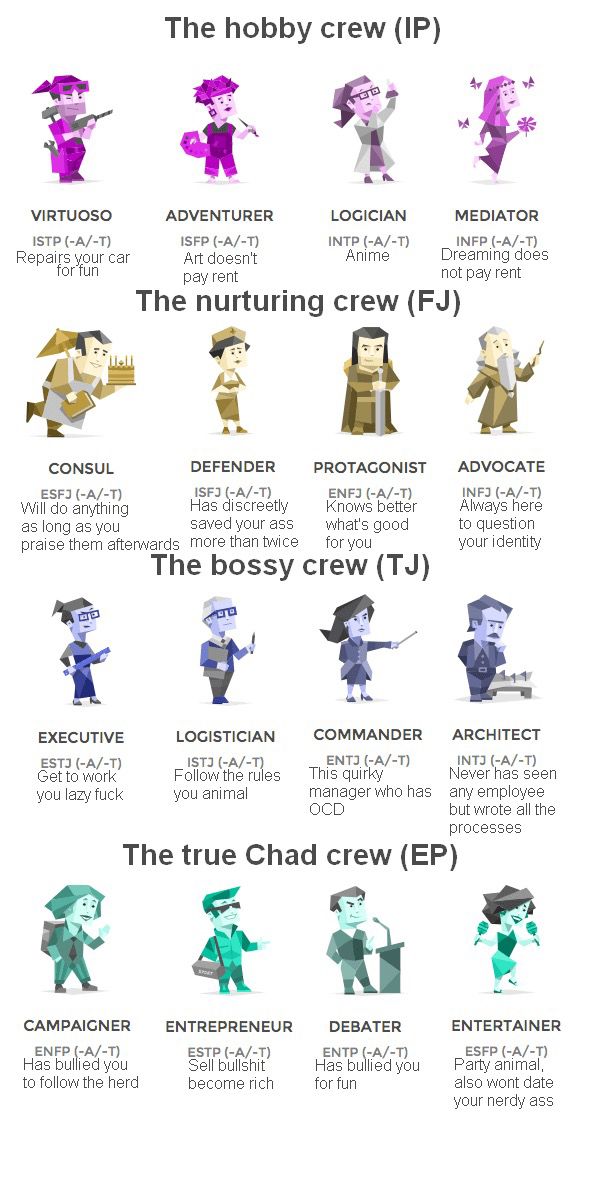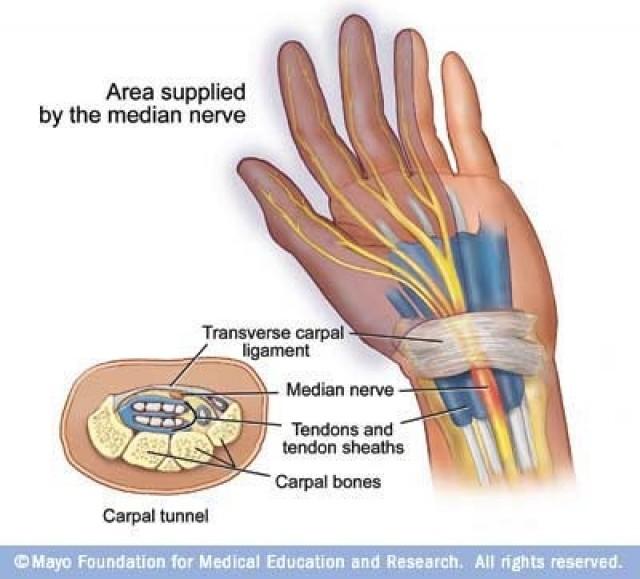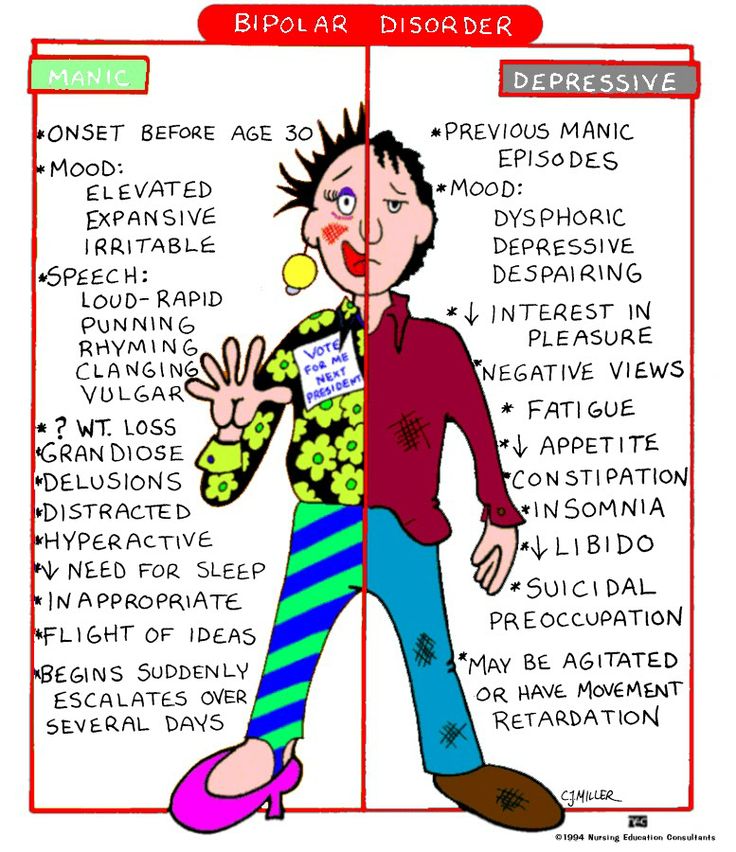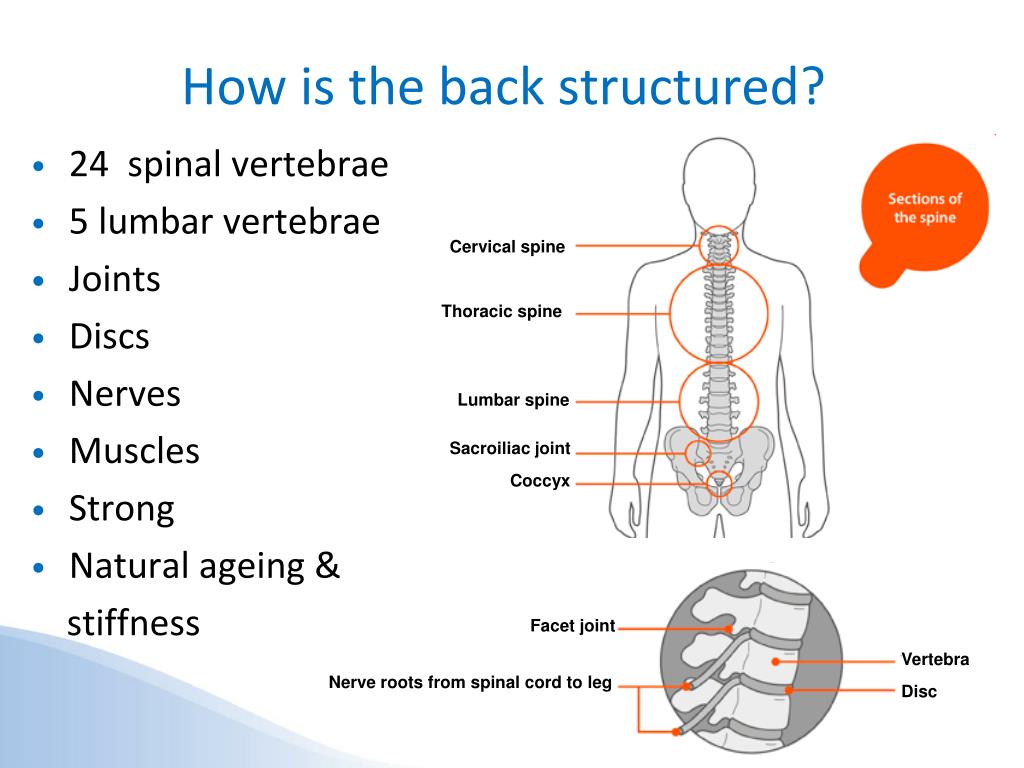Why does the full moon affect us
Full Moon Effects: What Research Has Discovered
There are many common beliefs about how the full moon can influence everything from sleep quality to mental health and heart health. However, only a few of these have been proven in studies.
In Shakespeare’s “Othello,” the maid Emilia tells Othello that the moon has drawn too close to the Earth — and driven men insane.
The idea that a full moon can stir up emotions, provoke bizarre behavior, and even cause physical illness isn’t just a literary trope. It’s a strongly held belief, even today.
In fact, one study says that nearly 81% of mental health professionals believe the full moon can make people ill.
As powerful as this ancient belief appears to be, there’s little science to back up the theory that a full moon causes a swift uptick in emergency room visits or mental health unit admissions.
Here’s what researchers have found about the moon’s effects on human bodies and behavior.
For centuries, physicians and philosophers blamed behavioral changes on the pull of the moon. The word “lunatic,” after all, stemmed from the idea that changes in mental state were related to lunar cycles.
The connection between the two is even supported in historic legal treatises. For instance, famed British jurist William Blackstone wrote that people gained and lost their ability to reason according to the moon’s shifting phases.
The “lunar effect” is based on the belief that health and behavior are altered during specific stages of the lunar cycle, with some claiming that it can affect everything from reproductive health to sleep quality and beyond.
Sources of superstition
The idea that the moon impacts certain aspects of physical and mental health can be traced back to ancient Greece and Rome and is well-documented in the writings of classical authors like Aristotle and Lucilius.
During the 1970s, psychiatrist Arnold Lieber theorized that the moon influenced the body’s “biological tides” and altered human behavior, leading to increased rates of violence and homicide.
While many of these theories have since been debunked, the possibility that humans could be affected by the moon’s cycles isn’t entirely groundless.
The ocean’s tides rise and fall in time with the moon’s phases, and several marine species — including reef coral, sea-dwelling worms, and some fish — have reproductive cycles that are roughly timed to lunar cycles.
Still, not many studies link the moon to human behavior and health conditions. Here’s what researchers can tell us about the connections that do exist between people and the full moon.
When the moon is full and bright, it may affect the quality of your sleep.
May affect sleep latency
Interestingly, one 2021 study found that people fell asleep later and slept less overall on the nights before the full moon.
Other research suggests that the full moon may be associated with less deep sleep and increased REM (rapid eye movement) latency.
Sleep latency is the period between when you first fall asleep and when you enter the first stage of REM sleep.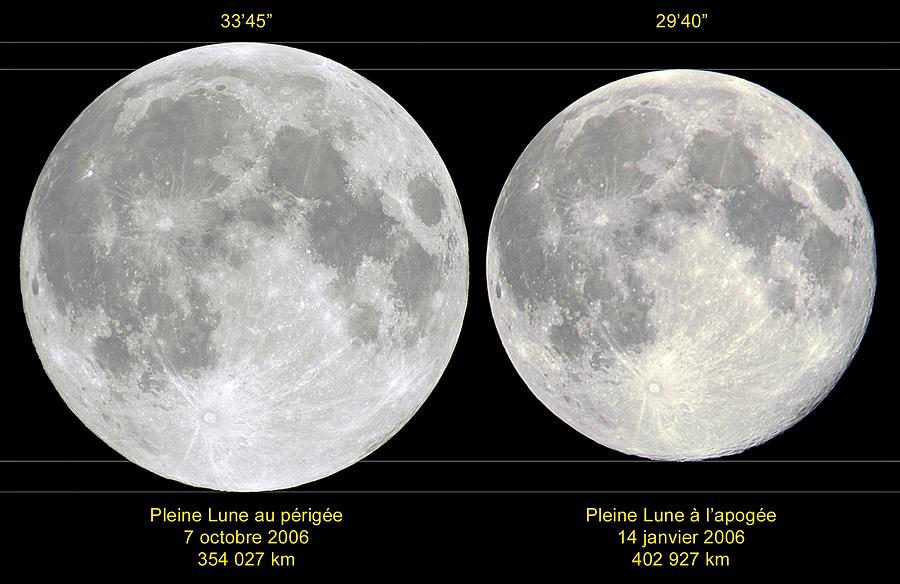 So, increased latency means it takes a longer time to get to REM sleep.
So, increased latency means it takes a longer time to get to REM sleep.
Other causes of REM sleep latency can include:
- sleep apnea
- alcohol use
- some medications
The deepest sleep occurs just before REM sleep begins.
May affect males and females differently
A 2015 study of 205 people found that the full moon may affect sleep differently in males and females. Many females sleep less and have less REM sleep when the full moon phase is near, whereas males have more REM sleep close to a full moon.
In 2016, a group of researchers examined the sleep cycles of children in 12 countries. They found that the children slept 1% less during the full moon phase. However, they didn’t find any association between this change in sleep and significant differences in behavior during that period.
However, though many studies point to an association between sleep and lunar cycles, not all of them do. A 2015 study involving 2,125 people found no link between the full moon and changes in sleep patterns.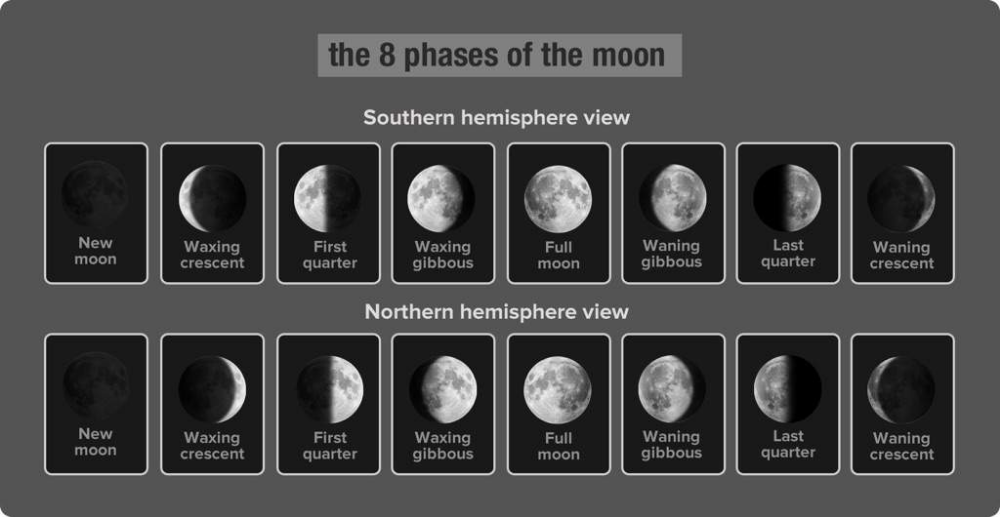
The human body has adapted to eons of exposure to daylight and darkness.
This has led to the development of circadian rhythms that affect many of your body’s systems — not just your sleep-wake cycle. Circadian rhythms affect your physical and mental health, too.
But the widespread use of electric light means many of your circadian rhythms are adapting to new light and dark patterns. When circadian rhythms wobble, it can cause or increase symptoms of certain mental health disorders, including:
- anxiety
- bipolar disorder
- depression
- schizophrenia
Does the full moon still have the power to disrupt your circadian rhythm? It brightens the sky by a lowly 0.1 to 0.3 lux compared with a single streetlight (15 lux) or a cell phone screen (40 lux).
So, are full moons really associated with changes in mood and mental health?
The prevailing scientific evidence says no. Researchers in a 2017 study analyzed emergency room records at a 140-bed hospital and found that people visited the ER because of a psychiatric condition in roughly equal numbers during all four phases of the moon.
A 2019 review of nearly 18,000 medical records from different facilities found the same thing: no relationship between lunar cycles and the length of hospital stays or the number of inpatient admissions or discharges at psychiatric facilities.
Those with bipolar disorder may be affected
One marked exception to this general conclusion does exist. Researchers have found that those with bipolar disorder may be affected by changes in the lunar cycle. Specifically, a 2018 study examined 17 people whose bipolar disorder tended to switch rapidly from depression to mania.
The study showed that the circadian pacemaker (a small group of nerves) in these individuals became synchronized with lunar patterns. This caused changes in their sleep that then triggered a shift from depression symptoms to mania symptoms.
In a 2019 case study of a woman with bipolar II disorder, researchers suggested that this moon-mood connection can be treated by changing some medications (especially thyroid medications and antidepressants) and using light therapy.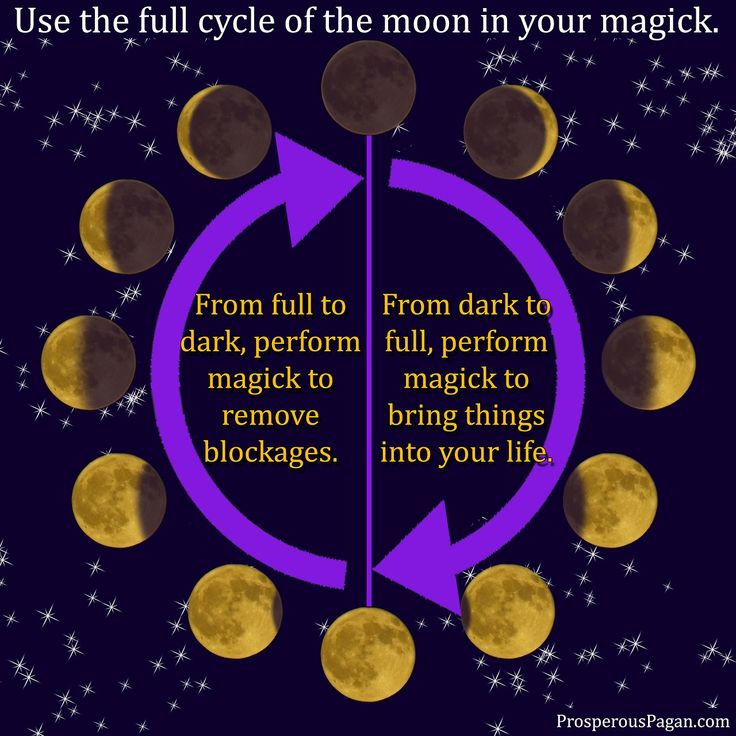
As the moon comes closer to the Earth, its gravitational pull changes — and the Earth’s large bodies of water respond with higher tides.
Scientists have wondered whether the changing gravitational pull might also affect how fluids react inside your body. Here’s what they found.
May affect blood pressure
In a 2013 study on male university students, researchers measured the effects of changing lunar cycles on the participants’ cardiovascular systems. They found that blood pressure dropped by around 5 mm Hg during new moon and full moon phases.
The students also took a step test. Their heart rate and blood pressure were both lower during full and new moons. Plus, their heart rates returned to normal levels more quickly during full and new moons.
In this study, researchers concluded that humans were more physically efficient during full and new moons.
However, this finding conflicts somewhat with other research — including a 2020 study on male athletes that found no significant difference in athletic performance during different lunar phases.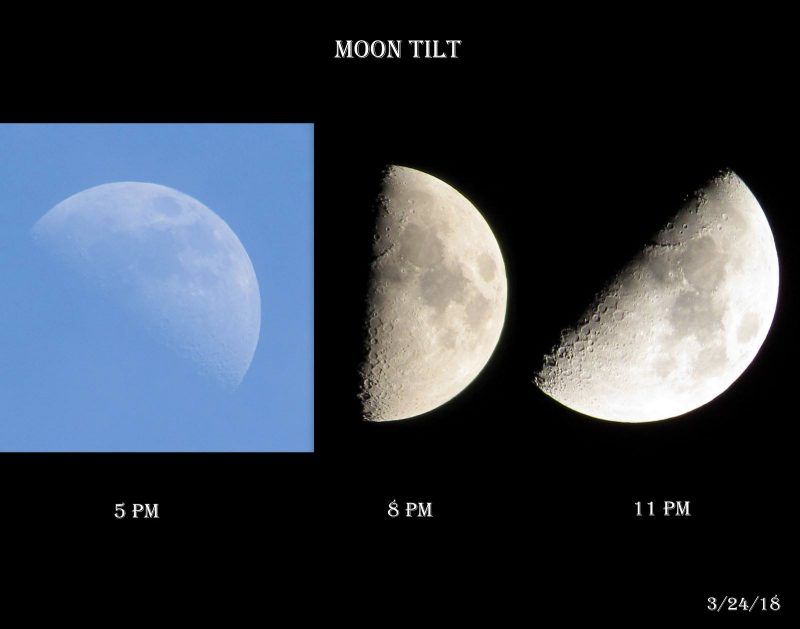
Another study in people with type 2 diabetes found that lunar cycles did not influence blood pressure but did impact other related functions, including blood sugar levels and heart rate.
For decades — possibly even centuries — people have persisted in believing that there are more assaults, traumas, and suicides during full moon periods.
Numerous researchers have tackled these questions. They’ve reviewed records, conducted their own studies, and came to this conclusion: A full moon doesn’t cause an increase in these human behaviors.
In fact, one study found that during a full moon, incidence of homicide dropped slightly. Similarly, another study showed that there was no significant difference in admissions at a trauma center during a full moon.
The moon and menstrual cycles
The moon takes roughly a month to orbit the Earth. Since many menstrual cycles are about the same length, people have made a connection between the moon and its effects on menstrual periods — but they’re not actually synchronized.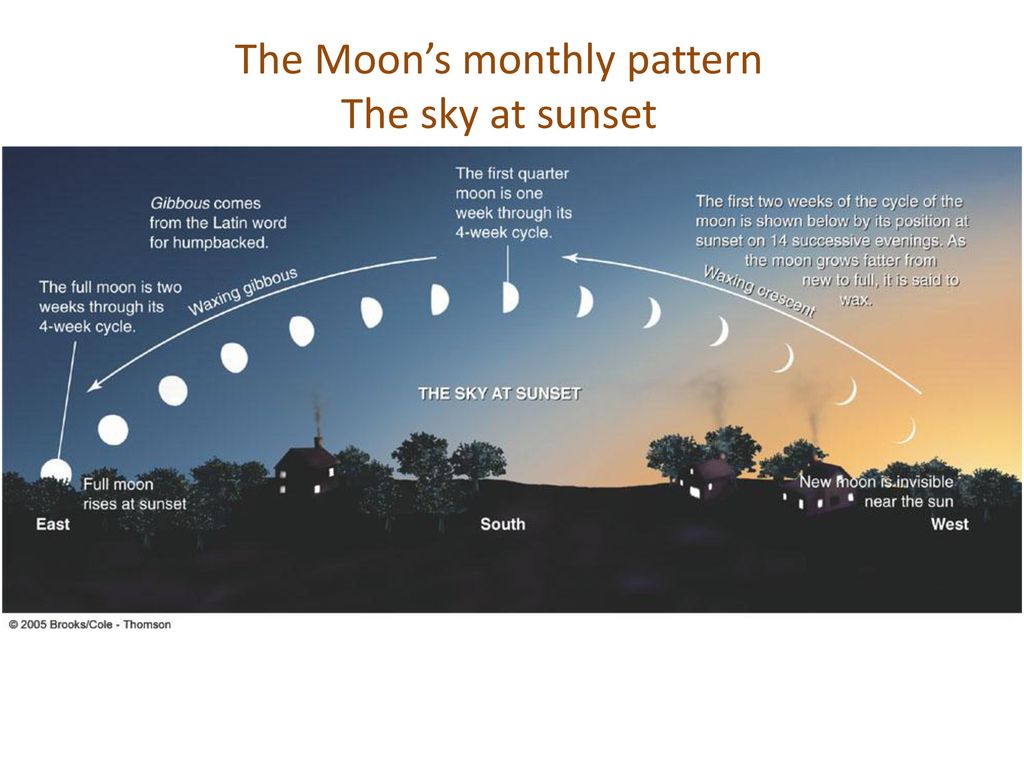
A 2021 study confirms this. In the study, researchers followed 529 females through six menstrual cycles — and they found no association between lunar phases and the onset of menstrual cycles.
On the subject of human reproductive cycles, it may also comfort you to know that a full moon isn’t going to send you into a sudden delivery if you’re pregnant, either.
An illusory correlation is a type of thinking error. It happens when you draw the wrong conclusion because you haven’t taken into account all the data — just some of it.
For example, if you visit a new city and have a few unpleasant encounters with locals, you might come away thinking that everyone from that city is rude. In coming to that conclusion, you’d be overlooking many positive or neutral interactions you had and focusing only on the negative ones.
Similarly, people may have noticed a behavioral episode or a traumatic incident and chalked it up to the full moon because they’ve heard myths about an association between the two.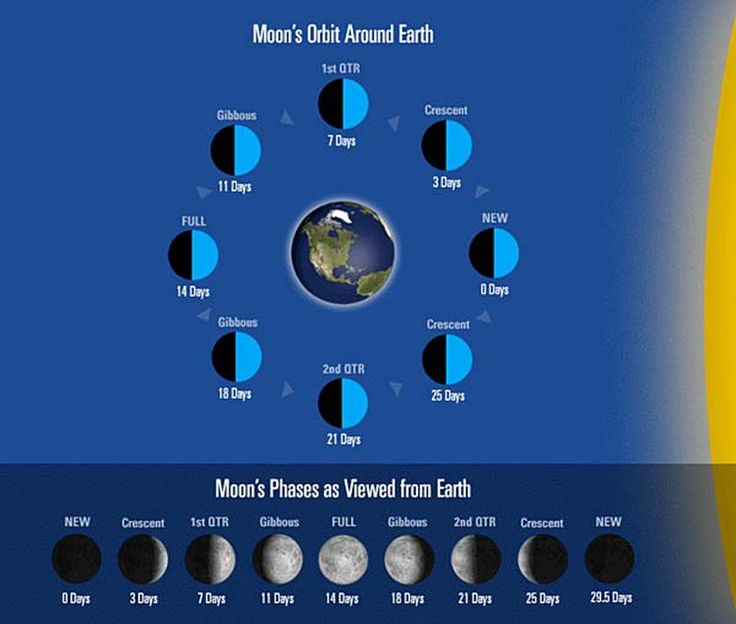
Because the moon’s cycles are known to influence natural phenomena like the tides, some cultures have developed a persistent — but mostly incorrect— belief that lunar phases also influence human emotions, behaviors, and health.
For the most part, a full moon doesn’t cause people to become more aggressive, violent, anxious, or depressed.
There does seem to be a link between the phases of the moon and changes in symptoms of bipolar disorder. There’s also some evidence that a full moon can lead to less deep sleep and a delay in entering into REM sleep. In addition, some studies have shown a slight change in cardiovascular conditions during a full moon.
Scientists continue to study how the moon influences various physiological and psychological systems. For now, though, it appears the effect of this heavenly body on your body is less powerful than once believed.
Read this article in Spanish.
Does The Moon Affect Humans? – Cleveland Clinic
For centuries, the moon and how it affects human behavior has been at the center of mythology and folklore around the world.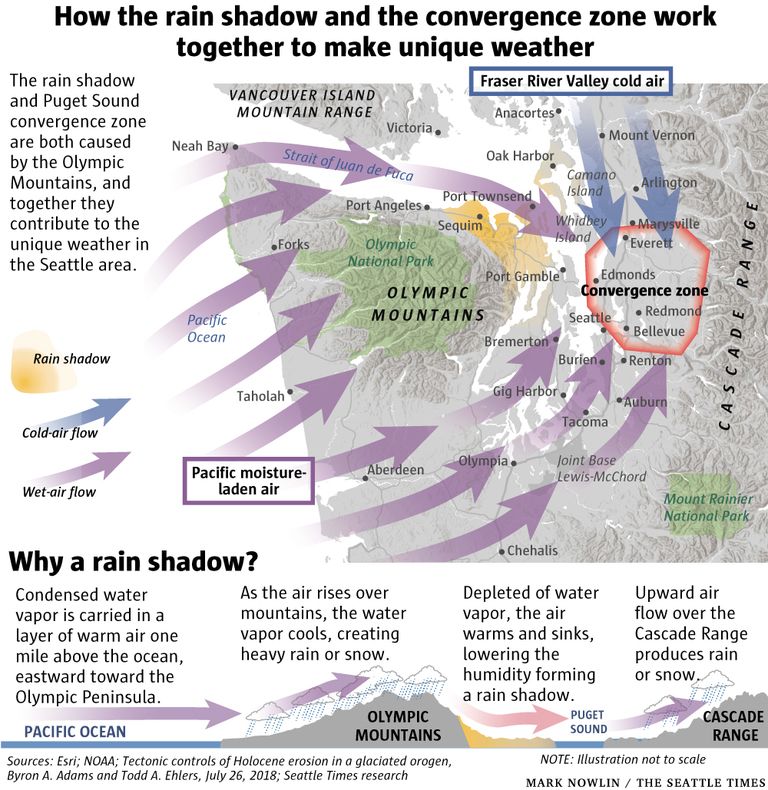 The very word “lunacy” dates back to the 15th century when it was believed the moon and its phases could make people become more or less aggressive, depending on its place in the lunar cycle.
The very word “lunacy” dates back to the 15th century when it was believed the moon and its phases could make people become more or less aggressive, depending on its place in the lunar cycle.
In some cultures, the moon is revered and worshiped for its place among the stars. But then, of course, there are lesser stories that hold a darker tone — haunting tales of werewolves whose transformation is dependent on the full moon.
When you set aside superstitions and longstanding myths, is there any scientific truth behind the way the moon bewitches us? Psychologist Susan Albers, PsyD, walks us through some of the research that’s been done on lunar cycles — and why we may just be changing our behaviors based on independent psychological reasons, instead.
Can the moon affect your health and behavior?All organisms conduct natural biological cycles for survival. When we talk about biological cycles, we probably most often think of our circadian rhythm — our bodies’ internal 24-hour sleep-wake cycle — and infradian rhythms (cycles that last longer than 24 hours) like the 28-day menstrual cycle or seasonal affective disorder (SAD).
All of these biological cycles change based on internal and external factors. And since our human bodies are made up of 55% to about 78% of water, there’s some reason to believe we, too, might be impacted by the moon, its light and its 27-day lunar cycle — especially when you consider the moon’s gravitational pull on the earth is powerful enough to affect the ocean tides.
Research has shown that several species have adapted some of their biological cycles to line up with the lunar cycle. The reproductive cycle of marine animals like tropical corals during full moon nights, annelid worms during the waxing moon and the emergence of midges at neap tides is evidence of this lunar connection. A comprehensive overview of research highlights the moon’s effects on biological processes across multiple species related to activity levels, feeding rituals, photosensitivity, migration, molting patterns and more. But what about humans?
“Any research that’s been done has been considered controversial, in part, because studies on humans are conflicting,” says Dr.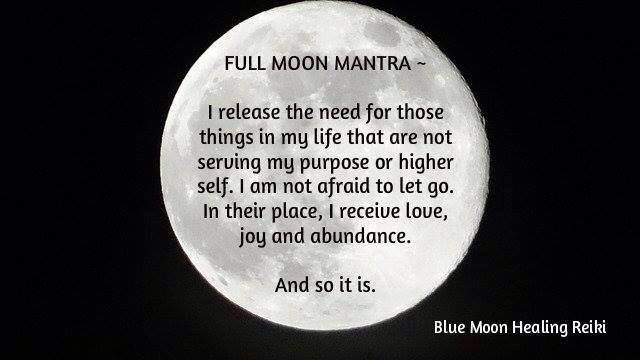 Albers. “In most cases, when there’s been discussion of the moon’s effect on humans, it’s been anecdotal.”
Albers. “In most cases, when there’s been discussion of the moon’s effect on humans, it’s been anecdotal.”
Ask anyone about how a full moon affects our lives and you’ve probably heard stories about birth rates climbing, an increase in emergency room visits and an uptick in crime. As this review points out, there seems to be no correlation between the lunar cycle and those things. But, nothing happens in a vacuum. Some studies have shown a possible correlation between the moon and human activity. More research is needed in the following areas:
Do moon phases affect mood and mental health?It’s long been believed that the moon can affect your mood. It’s certainly true that environmental factors can play a part in a person’s mood swings and act as a trigger for anxiety and depression, but it’s unclear exactly how (if at all) the lunar cycle affects our mood and mental health.
More research needs to be done, but what we do know is that the moon may have an impact on people with bipolar disorder.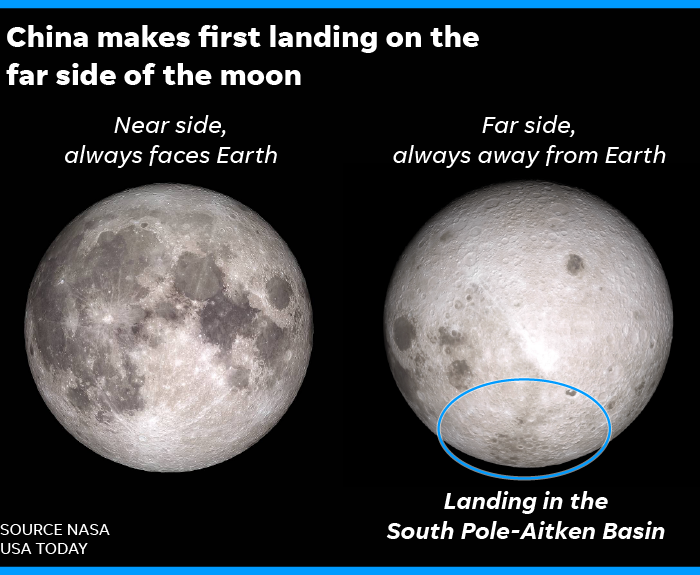 In a small study of 17 people, researchers learned that their patients cycled rapidly between states of depression and mania, and that these rapid cycles weren’t random but instead in sync with the lunar cycle. Though the exact mechanism that causes this is unknown, it’s believed that those quick changes in mood were caused by a disruption to their circadian rhythm and their sleep-wake cycle.
In a small study of 17 people, researchers learned that their patients cycled rapidly between states of depression and mania, and that these rapid cycles weren’t random but instead in sync with the lunar cycle. Though the exact mechanism that causes this is unknown, it’s believed that those quick changes in mood were caused by a disruption to their circadian rhythm and their sleep-wake cycle.
Our ability to regulate our emotions is dependent on our body’s ability to release and suppress certain hormones at certain times. In some ways, you can think of hormones like switches — when one is turned on, others might flip off. Certain hormones are higher during the day when we are awake while others are higher in the evening when we are asleep.
Advertising Policy
Melatonin is one of those hormones that is naturally released at night to calm your body down and prepare your body for sleep. When melatonin levels rise, serotonin — a “feel-good” hormone that plays a role in controlling our mood and appetite — decreases. And if you introduce things like artificial light and, say, bright light from a full moon, it may have an impact on your ability to fall asleep and stay asleep because we know artificial light impacts our sleep-wake cycle.
And if you introduce things like artificial light and, say, bright light from a full moon, it may have an impact on your ability to fall asleep and stay asleep because we know artificial light impacts our sleep-wake cycle.
One reason why studying the link between the lunar cycle and our ability to sleep is difficult is because studies are in constant contradiction with each other. Many sleep studies are held in tightly controlled, well-lit laboratory settings, making some researchers question the accuracy of the results. Many researchers wonder if a person’s implicit bias about the moon’s effect on their lives may even skew some results.
For a 2013 study, researchers found a way around these nuances by revisiting data from an older study in which participants were not aware they would be evaluated for lunar influences. In that study, researchers discovered that around the full moon, people spent 30% less time in NREM sleep (deep sleep) and slept for 20 minutes less than when there wasn’t a full moon.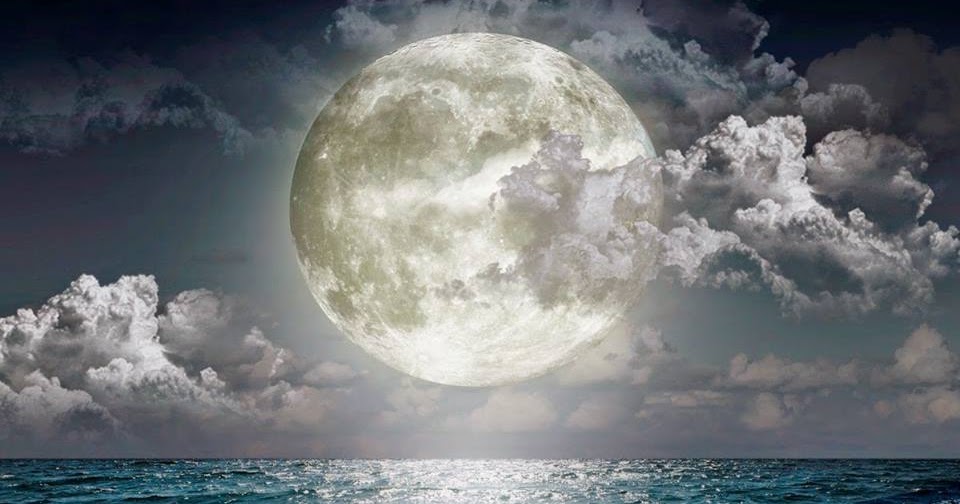 These changes were also associated with decreased levels of melatonin.
These changes were also associated with decreased levels of melatonin.
Another study from 2021 compared the sleep patterns of three rural indigenous communities in Argentina to the sleep patterns of college students in Seattle. In all situations — regardless of geography or access to electricity — participants slept less and went to bed later in the days leading up to a full moon when there was more natural light available after dusk. Researchers hypothesized this is continued evidence that we have “an innate adaptation” from our ancestors who likely slept less and conducted more work and other activities whenever there was more natural light available.
Does the moon impact human reproduction?Research into the reproductive cycles of fish and other marine animals has shown that some fish migrate and spawn according to the lunar cycle and that some species increase their activity during a full moon when the moonlight is brightest. But such measurements are not quite as clear when it comes to humans.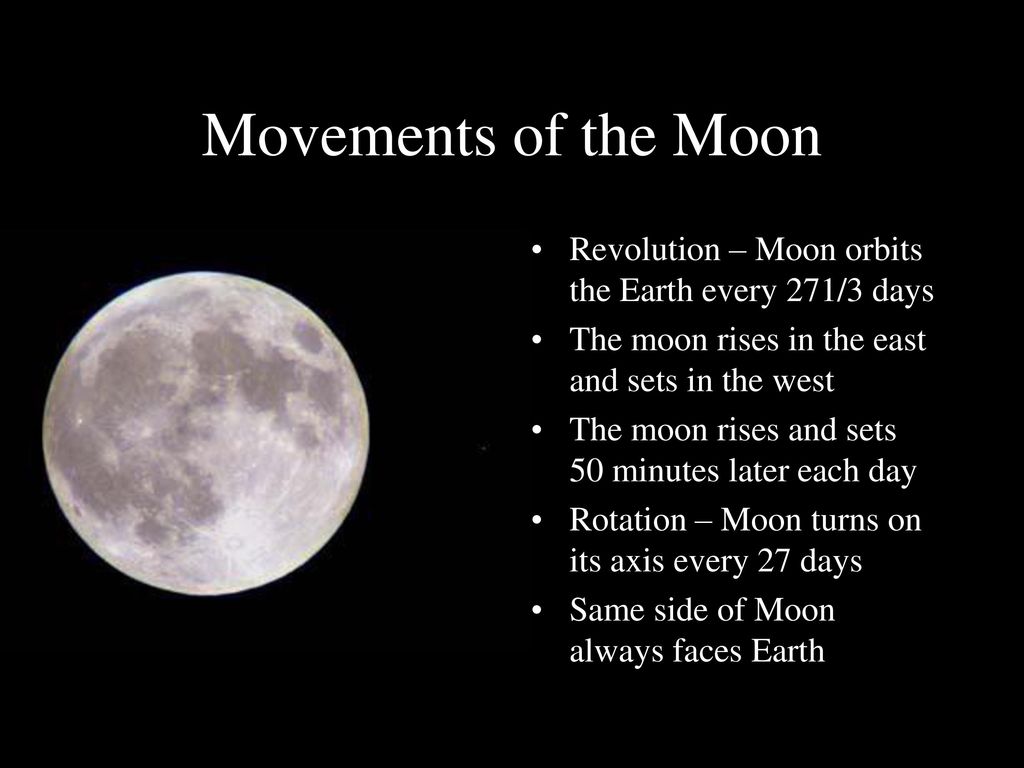
While we know there are many internal and external factors that can have an impact on human ovulation, pregnancy and delivery, more research needs to be done to determine the exact effect the lunar cycle may have on birth rates because studies are — you guessed it — conflicting.
An examination of 1,507 births at a hospital in Fukutsu, Japan, between January 1996 and March 2007 revealed there were a higher number of births at night around the time of a full moon and a higher number of births during the day around the time of a new moon. But a separate study of 23,689 births from 1810 to 1929 revealed no pattern or correlation between the lunar cycle and frequency of births.
If you believe something will happen, it might come trueRegardless of contradiction and the lack of evidence supporting the exact mechanism behind the moon’s effect on humans, there’s no doubt that beliefs are longstanding that there exists a link between the two. This may be, in part, because we hold so tightly to that belief — and in many cases — if you believe something to be true, it is true, even if it’s to our own detriment.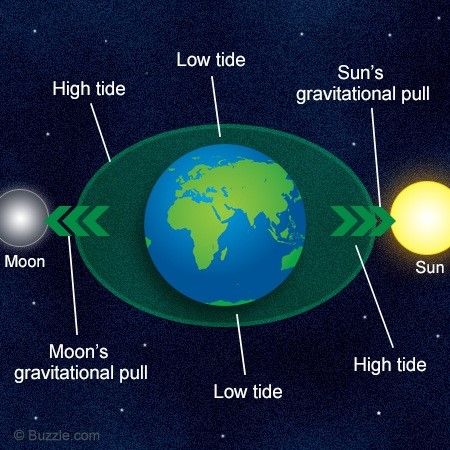
The power of belief looms large in folklore, mythology and religion.
And scientifically, the power of belief has been shown to have a direct impact on our physical, mental and emotional health. Researchers are still trying to understand why and how this happens. Here are a few common examples:
Advertising Policy
Illusory correlationWe often put two and two together even when we know they have nothing in common, and this subconscious way of thinking is called illusory correlation. Most often, we choose to assume something is a certain way based on our own personal experiences and biases. We then mistake our own personal experiences as all the evidence we need. We see this play out when we uphold stereotypes of certain people and places, or subscribe to superstitions and beliefs around luck.
“In the same way, we can even hinge our own personal experiences on something as simple as the moon,” says Dr. Albers.
The placebo effectClosely related in theory but different from illusory correlation, the placebo effect occurs when a person’s physical or mental health improves or changes after taking a false form of treatment.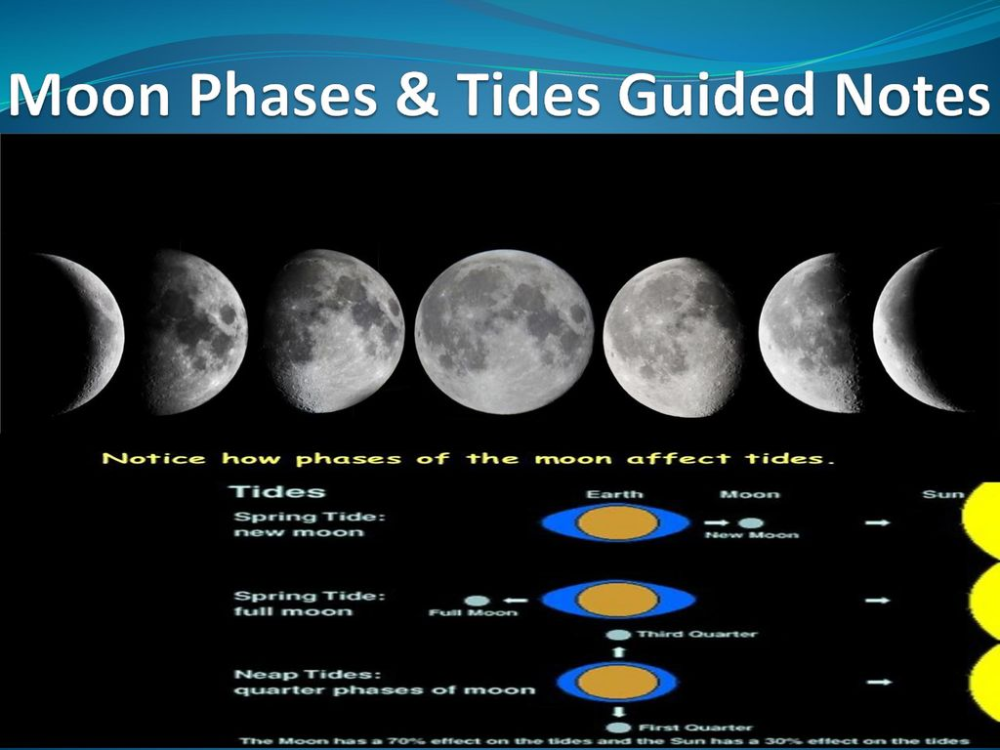 We see this most often in clinical trials when someone receives sugar pills or saline and water injections and they experience improvement in their condition even though they didn’t receive an actual treatment. This likely happens because of your brain’s ability to expect a certain outcome and release certain hormones based on that expectation.
We see this most often in clinical trials when someone receives sugar pills or saline and water injections and they experience improvement in their condition even though they didn’t receive an actual treatment. This likely happens because of your brain’s ability to expect a certain outcome and release certain hormones based on that expectation.
“The placebo effect is fascinating because it can have a profound and powerful effect on behavior,” says Dr. Albers. “Studies on the placebo effect indicate that what you think or believe to be true can have a dramatic impact on the outcome and it shouldn’t be ignored when examining cause and effect.”
Self-fulfilling propheciesIf you wake up on the wrong side of the bed and think, ‘Today is going to be a bad day,’ chances are you’ll have a bad day, but not because you’re doomed or cursed — because you’re setting yourself up for failure. These self-fulfilling prophecies happen because you tend to be hyperfocused on one outcome or one certainty and avoidant of others.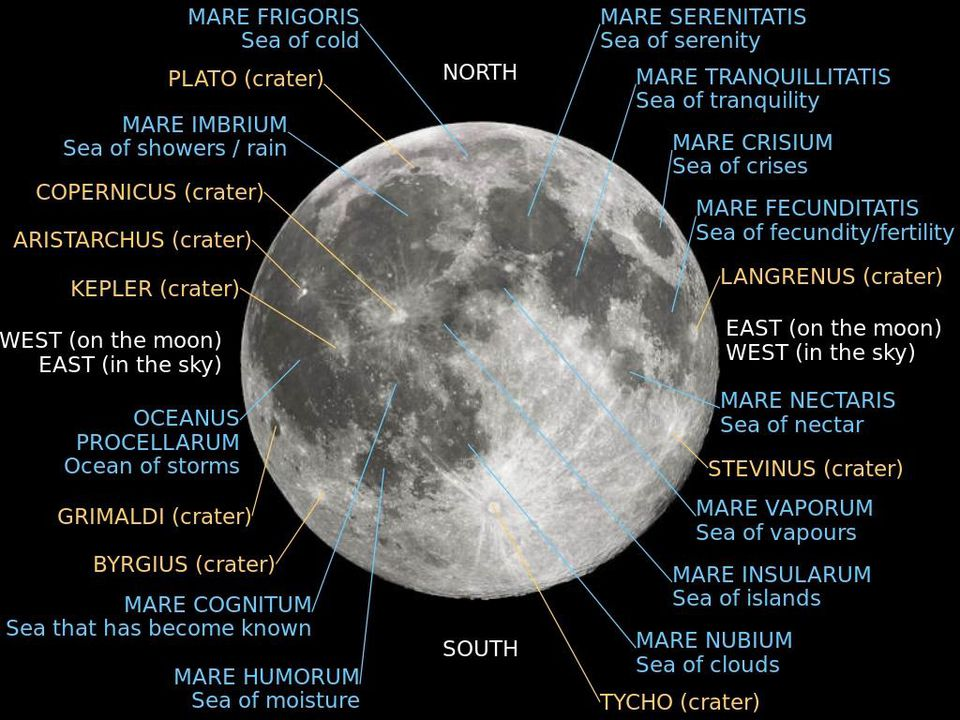 If you’re only focused on the negative, negative things will far outweigh the positive, and vice versa. When this happens, everything — from your emotions, mood and mental health to your body’s physical responses and reactions — could be impacted. A better example is that if you’re told enough times that your treatment will be effective in helping your chronic condition, and you believe in it enough, your actions (like following through on the treatment, eating better and being more active) will help make that outcome a reality.
If you’re only focused on the negative, negative things will far outweigh the positive, and vice versa. When this happens, everything — from your emotions, mood and mental health to your body’s physical responses and reactions — could be impacted. A better example is that if you’re told enough times that your treatment will be effective in helping your chronic condition, and you believe in it enough, your actions (like following through on the treatment, eating better and being more active) will help make that outcome a reality.
“If you think a full moon will trigger you to be more irritable, it’s likely that you will expect to be more on edge and act accordingly,” says Dr. Albers. “You might say to yourself, ‘It’s the full moon, of course I am going to have a rough day.’ And you will likely give yourself more liberty to act out. Essentially, your thoughts impact your actions.”
The power of daily affirmations and negative self-talkThe same is true for daily affirmations and negative self-talk.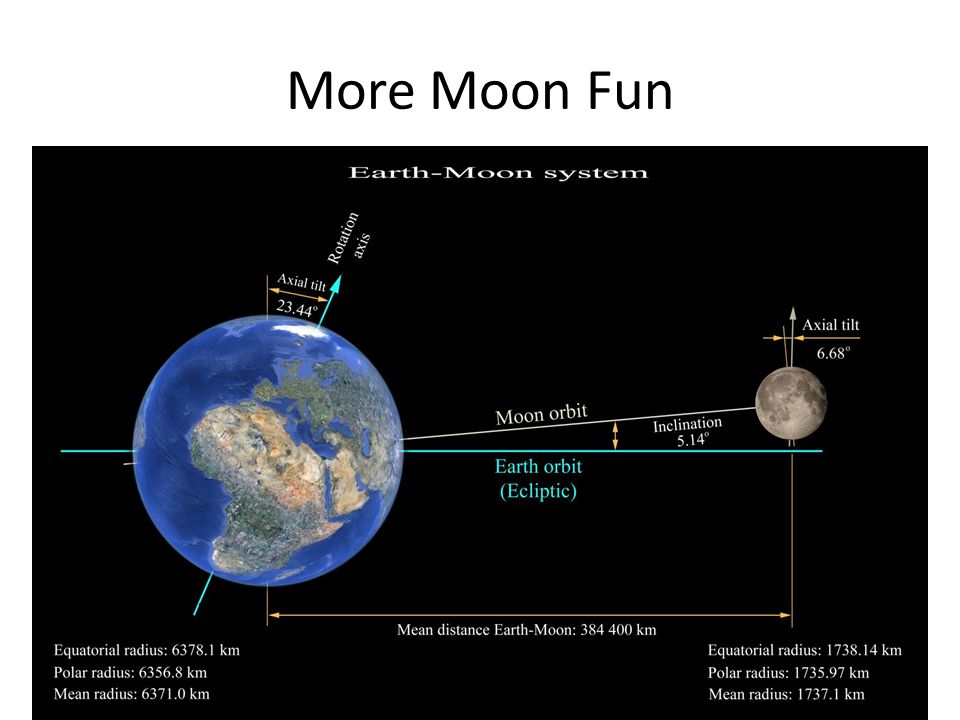 If you’re in a continuous rut, perpetuating negative self-talk will dig you into a deeper hole. Being kind to yourself, being patient and finding small ways to improve your condition and how you respond to things can have a huge impact. And relying on meditative practices that include positive thinking can have a really powerful effect, too. This may even be true when you hang your hopes on the moon.
If you’re in a continuous rut, perpetuating negative self-talk will dig you into a deeper hole. Being kind to yourself, being patient and finding small ways to improve your condition and how you respond to things can have a huge impact. And relying on meditative practices that include positive thinking can have a really powerful effect, too. This may even be true when you hang your hopes on the moon.
“Time and again, studies have shown that the power of your thoughts to impact your behavior is profound. This is why it’s important to work daily on maintaining a positive mindset and keep your thoughts optimistic and upbeat,” says Dr. Albers. “Be mindful of where you want your thoughts to lead you. The quality of your thoughts can be a game changer because they can determine your actions and habits in the long run.”
Scientists have found out what happens to people on a full moon
https://ria.ru/20181123/1533306020.html , 11/25/2018
Scientists have found out what happens to people on the full moon
Solar activity affects a person - this has been proven by science.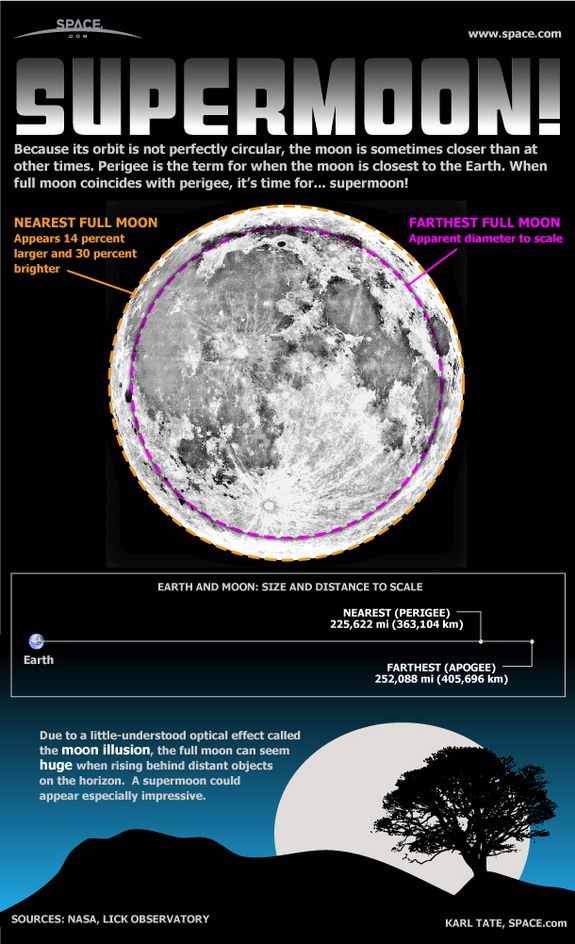 But regarding the phases of the moon, and, first of all, the full moon, there is no consensus. This question ... RIA Novosti, 11/25/2018
But regarding the phases of the moon, and, first of all, the full moon, there is no consensus. This question ... RIA Novosti, 11/25/2018
2018-11-23T08: 00
2018-11-23T08: 00
2018-11-25T20: 42
Science
USA
Australia
Qatar
Germany
9000/html/head/meta [@name='og:title']/@content/html/head/meta[@name='og:description']/@content
https://cdnn21.img.ria.ru/images/ 153325/23/1533252336_0:0:4241:2386_1920x0_80_0_0_4f5aeeaf5f8f63d1e12f72452a194922.jpg
MOSCOW, Nov 23 — RIA Novosti, Tatyana Pichugina. Solar activity affects human — it has been proven by science. But regarding the phases of the moon, and, in the first place, the full moon, there is no consensus. This question is hotly debated, a lot of research is being done. About how the satellite of the planet can affect its inhabitants, — in the material of RIA Novosti. Trouble in the maternity hospital A rich mythology has developed around the full moon, there are many signs.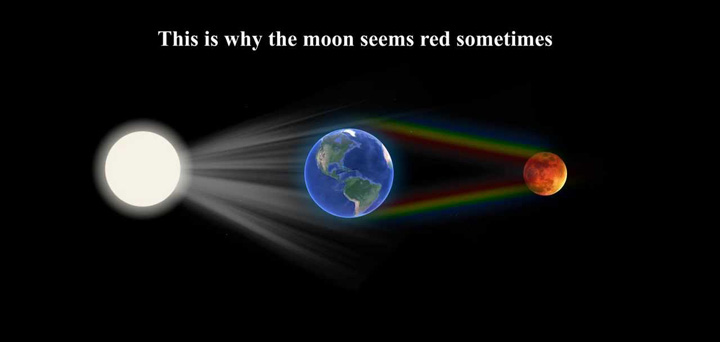 Some still believe that vampires and werewolves are active these days. Animals and people become restless, mental illness worsens, sleep is disturbed. On the full moon, dogs bite more often and car accidents occur, people die, aggressiveness increases — these beliefs have already formed in our days. Nurses in maternity hospitals complain that they have to work more on the full moon, as women give birth more often. Scientists from Germany decided to check this statement. After analyzing the birth rate data in country20 to 1989, they did not find any statistically significant dependence of the number of births on the phases of the moon. But they found a correlation with the number of spots on the Sun. The satellite is always turned to us with only one side. The earth is illuminated by sunlight reflected from the moon. When the disc is maximally visible, — this is the phase of the full moon. In November, it fell on the 23rd. the new moon phase begins.
Some still believe that vampires and werewolves are active these days. Animals and people become restless, mental illness worsens, sleep is disturbed. On the full moon, dogs bite more often and car accidents occur, people die, aggressiveness increases — these beliefs have already formed in our days. Nurses in maternity hospitals complain that they have to work more on the full moon, as women give birth more often. Scientists from Germany decided to check this statement. After analyzing the birth rate data in country20 to 1989, they did not find any statistically significant dependence of the number of births on the phases of the moon. But they found a correlation with the number of spots on the Sun. The satellite is always turned to us with only one side. The earth is illuminated by sunlight reflected from the moon. When the disc is maximally visible, — this is the phase of the full moon. In November, it fell on the 23rd. the new moon phase begins.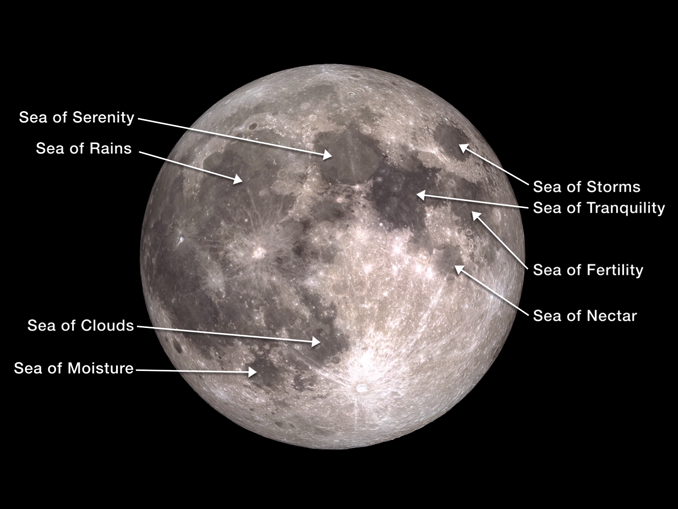 In addition, there are two intermediate phases: the first and last quarters. The period during which the moon goes through a full cycle is called a lunar month. It average 295 days. There is evidence that the phases of the moon affect bees, fish, some birds and amphibians. Perhaps changing the brightness of the disk at night somehow regulates the level of melatonin — brain hormone responsible for circadian rhythms (daily cycle of activity). During the full moon, the hormone is produced more strongly, respectively, the activity of the animal changes. As for mammals, scientists conducted experiments only with laboratory rodents. They also noticed a change in the level of melatonin. What could be the physical mechanism of the effects of the phases of the moon on the body? Among the hypotheses: tidal forces, electromagnetic radiation. The operation is postponed The influence of the lunar cycle on the health and behavior of people has always interested scientists, but there is no data confirming this connection.
In addition, there are two intermediate phases: the first and last quarters. The period during which the moon goes through a full cycle is called a lunar month. It average 295 days. There is evidence that the phases of the moon affect bees, fish, some birds and amphibians. Perhaps changing the brightness of the disk at night somehow regulates the level of melatonin — brain hormone responsible for circadian rhythms (daily cycle of activity). During the full moon, the hormone is produced more strongly, respectively, the activity of the animal changes. As for mammals, scientists conducted experiments only with laboratory rodents. They also noticed a change in the level of melatonin. What could be the physical mechanism of the effects of the phases of the moon on the body? Among the hypotheses: tidal forces, electromagnetic radiation. The operation is postponed The influence of the lunar cycle on the health and behavior of people has always interested scientists, but there is no data confirming this connection.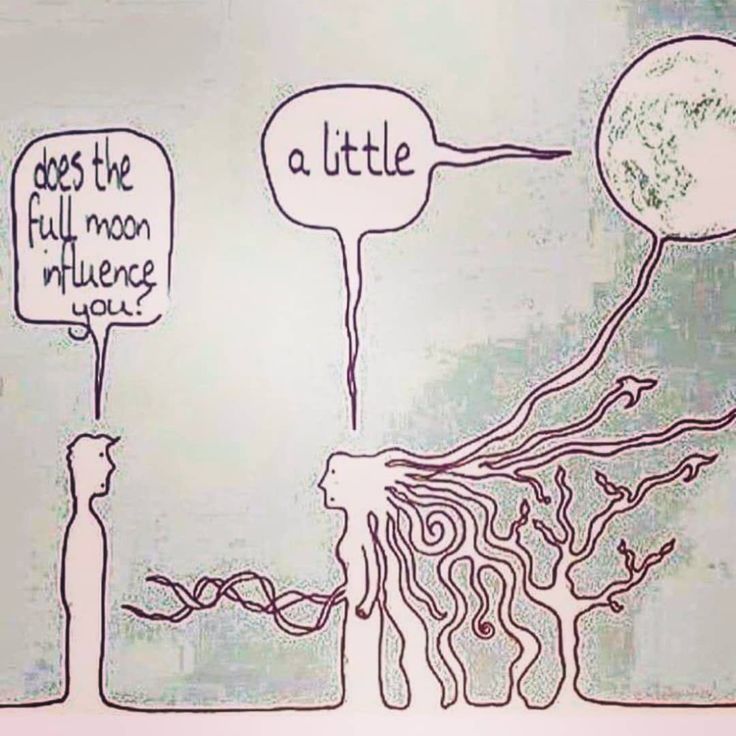 For example, 11 percent of Germans believe that their life depends on the phases of the moon. There is a saying that it is better to postpone a kidney transplant if it falls on a full moon. The fact is that astrologers associate kidneys with Libra — one of the lunar zodiac signs. Scientists from Germany selected 178 case histories of patients who received a kidney transplant with 1994 to 2009. The date of the operation was compared with the phases of the moon and the period when it is visible in the constellation of Libra. We checked the mortality rate, the well-being of the person after the operation, and his health for the next years. No dependence on the lunar cycle or location in Libra was found. Similar work was done by scientists from Lithuania in relation to 186 patients admitted to surgery for treatment of a ruptured intracranial aneurysm from 2011 to 2014. The result is also negative. Scientists from the University of Nebraska (USA) tested how different environmental factors, including the lunar cycle and supermoons, affect the exacerbation of urolithiasis.
For example, 11 percent of Germans believe that their life depends on the phases of the moon. There is a saying that it is better to postpone a kidney transplant if it falls on a full moon. The fact is that astrologers associate kidneys with Libra — one of the lunar zodiac signs. Scientists from Germany selected 178 case histories of patients who received a kidney transplant with 1994 to 2009. The date of the operation was compared with the phases of the moon and the period when it is visible in the constellation of Libra. We checked the mortality rate, the well-being of the person after the operation, and his health for the next years. No dependence on the lunar cycle or location in Libra was found. Similar work was done by scientists from Lithuania in relation to 186 patients admitted to surgery for treatment of a ruptured intracranial aneurysm from 2011 to 2014. The result is also negative. Scientists from the University of Nebraska (USA) tested how different environmental factors, including the lunar cycle and supermoons, affect the exacerbation of urolithiasis.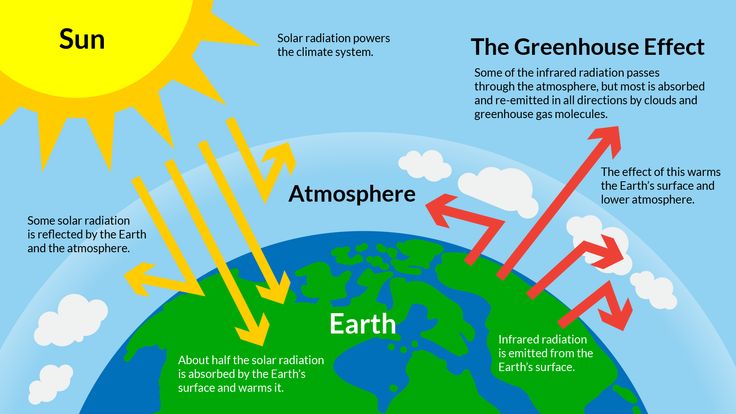 Researchers analyzed 559stories of patients of the local clinic, but no connection with the moon was found. Most of the attacks occurred on normal days and only 16.1 percent — full moon moon — a delicate matter The myth of mental disorders aggravating on the full moon is also not confirmed. In the United States, 1,857 cases of emergency psychiatric hospitalization were studied. The calls were evenly distributed over all the lunar phases. The authors of the work do not deny that the Moon affects the psyche, however, the effect is so small that it cannot be measured by scientific methods. Curious data are given in an article by Australian scientists. After analyzing the dates of hospitalization by ambulance at the Calvary Mater Newcastle clinic, the researchers found that 23 percent of seriously ill patients are admitted on the full moon. Patients fight with the staff, kicking, spitting. But milder cases of disorders are not associated with the phases of the moon.
Researchers analyzed 559stories of patients of the local clinic, but no connection with the moon was found. Most of the attacks occurred on normal days and only 16.1 percent — full moon moon — a delicate matter The myth of mental disorders aggravating on the full moon is also not confirmed. In the United States, 1,857 cases of emergency psychiatric hospitalization were studied. The calls were evenly distributed over all the lunar phases. The authors of the work do not deny that the Moon affects the psyche, however, the effect is so small that it cannot be measured by scientific methods. Curious data are given in an article by Australian scientists. After analyzing the dates of hospitalization by ambulance at the Calvary Mater Newcastle clinic, the researchers found that 23 percent of seriously ill patients are admitted on the full moon. Patients fight with the staff, kicking, spitting. But milder cases of disorders are not associated with the phases of the moon.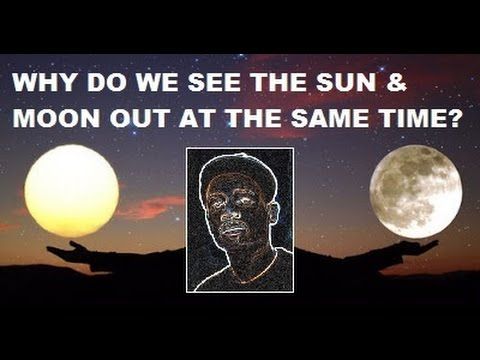 Scientists from Canada refute the myth about the influence of the Earth's satellite on people with mental disorders. According to them, researchers come to different conclusions because they calculate the duration of the full moon in different ways: 12 hours, 24 hours, or three days. on the example of Australia. Doesn't depend on the lunar cycle and the number of injuries in football players. This was checked by scientists from Tunisia and Qatar on the case histories of members of the professional premier league of Qatar. For example, a team from the USA and Canada studied this issue using indigenous — hunter-gatherers of the Hadza in Africa and farmers in Madagascar. It turned out that the Hadza sleep less during the full moon and are more active during the day, with the onset of the new moon, their routine is more like an "owl". The quality of sleep, however, does not depend on the lunar cycle. Researchers from Switzerland recruited 33 volunteers for 64 nights (in total).
Scientists from Canada refute the myth about the influence of the Earth's satellite on people with mental disorders. According to them, researchers come to different conclusions because they calculate the duration of the full moon in different ways: 12 hours, 24 hours, or three days. on the example of Australia. Doesn't depend on the lunar cycle and the number of injuries in football players. This was checked by scientists from Tunisia and Qatar on the case histories of members of the professional premier league of Qatar. For example, a team from the USA and Canada studied this issue using indigenous — hunter-gatherers of the Hadza in Africa and farmers in Madagascar. It turned out that the Hadza sleep less during the full moon and are more active during the day, with the onset of the new moon, their routine is more like an "owl". The quality of sleep, however, does not depend on the lunar cycle. Researchers from Switzerland recruited 33 volunteers for 64 nights (in total). During sleep, they did electroencephalograms (EEG) of the brain. It turned out that during the full moon sleep is worse: shorter by twenty minutes, the time to fall asleep, on the contrary, increased by five minutes. The duration of deep slow delta sleep decreased by thirty percent. This result could not be reproduced by scientists from Switzerland, Germany and the Netherlands. According to the authors of the article, it is incorrect to draw conclusions on the basis of 33 subjects. Taking information from hundreds of people from three different sleep research institutes and superimposing it on the phases of the moon, the researchers found no relationship. nine0003
During sleep, they did electroencephalograms (EEG) of the brain. It turned out that during the full moon sleep is worse: shorter by twenty minutes, the time to fall asleep, on the contrary, increased by five minutes. The duration of deep slow delta sleep decreased by thirty percent. This result could not be reproduced by scientists from Switzerland, Germany and the Netherlands. According to the authors of the article, it is incorrect to draw conclusions on the basis of 33 subjects. Taking information from hundreds of people from three different sleep research institutes and superimposing it on the phases of the moon, the researchers found no relationship. nine0003
https://ria.ru/20160831/1475758631.html
https://ria.ru/20180808/1526195502.html
https://ria.ru/20180727/15254679738.html
Australia
Qatar
Germany
RIA Novosti
1
5
4.7
9000
7 495 645-6601
FSUE MIA "Russia Today"
HTTPS ://xn--c1acbl2abdlkab1og. xn--p1ai/awards/
xn--p1ai/awards/
2018
RIA Novosti
1
5
4.7
9000
7 495 645-6601
FSUE MIA "Russia Today"
https: // XN- XN- -c1acbl2abdlkab1og.xn--p1ai/awards/
News
en-RU
https://ria.ru/docs/about/copyright.html
https://xn--c1acbl2abdlkab1og.xn--p1ai /
RIA Novosti
1
5
4.7
96
7 495 645-6601
FSUE MIA "Russia Today"
https: //xn-c1acbl2abdlkab1og.xn-p1ai/Awards/
1920
1080
true
1920
1440
true
https://cdnn21.img.ria.ru/images/153325/23/1533252336_337:0:3872:2651_1920x0_80_0_0_88c20285ee17464e24abdca6c276ef34.jpg
1920
1920
true
RIA Novosti
1
5
4.7
9000 9000
7 495 645-6601
FSUE MIA "Russia Today"
https: //xn--c1acbl2abdlkab1og. xn- P1AI/Awards/
xn- P1AI/Awards/
RIA Novosti
1
5
4.7
9000
7 495 645-6601
FSUI MIA Russia Today
https: // xn--c1acbl2abdlkab1og.xn--p1ai/awards/
USA, Australia, Qatar, Germany
Science, USA, Australia, Qatar, Germany
MOSCOW, November 23 - RIA Novosti, Tatyana Pichugina. Solar activity affects a person - this is proven by science. But regarding the phases of the moon, and, first of all, the full moon, there is no consensus. This question is hotly debated, a lot of research is being done. About how the satellite of the planet can affect its inhabitants - in the material of RIA Novosti.
August 31, 2016, 22:00 Science
Scientists Find Unexpected Link Between Cow Births and Moon Cycles The conventional wisdom that fertility rises during a full moon has been unexpectedly confirmed by cows' calf birth rates, the reasons for which remain a mystery to scientists.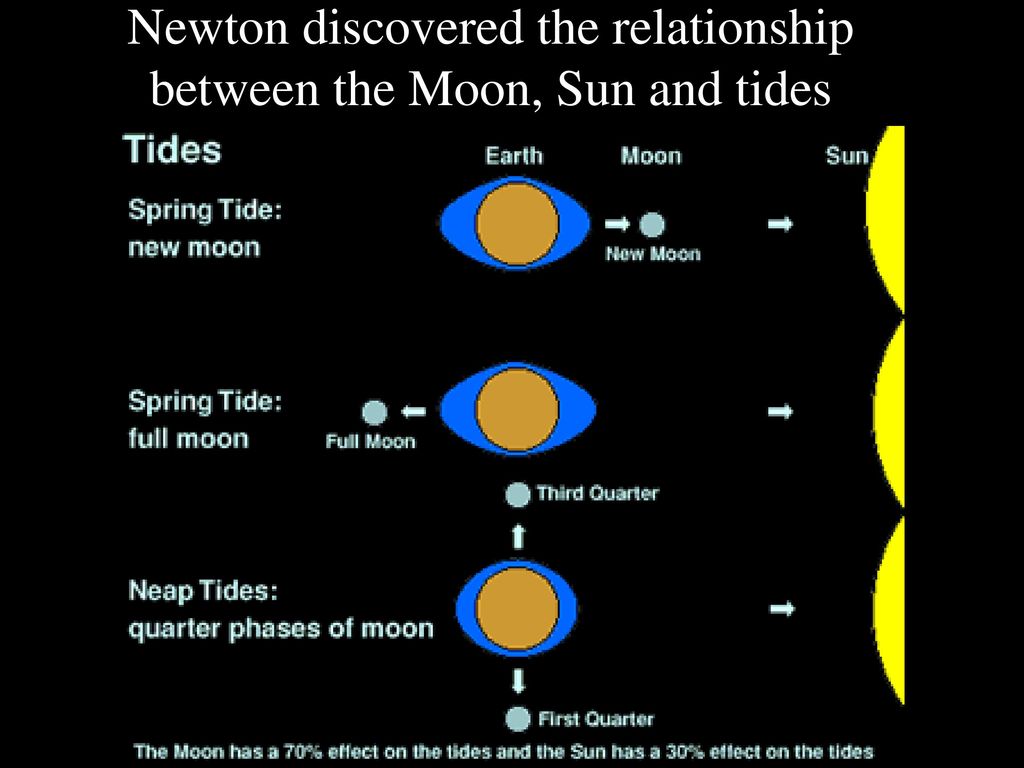
Trouble in the maternity hospital
A rich mythology has developed around the full moon, there are many signs. Some still believe that vampires and werewolves are active these days. Animals and people become restless, mental illness worsens, sleep is disturbed. nine0003
During the full moon, dogs bite more often and car accidents occur, people die, aggressiveness increases - these beliefs have already formed in our days.
Nurses in maternity hospitals complain that they have to work harder during the full moon, as women give birth more often. This statement was decided to be tested by scientists from Germany.
After analyzing the birth rate data in the country from 1920 to 1989, they did not find any statistically significant dependence of the number of births on the phases of the moon. But they found a correlation with the number of sunspots. nine0003
Who howls at the moon
The moon revolves around the earth in an elliptical orbit. The satellite is always turned to us with only one side. The earth is illuminated by sunlight reflected from the moon. When the disk is at its maximum visible, this is the phase of the full moon. In November, it fell on the 23rd.
The earth is illuminated by sunlight reflected from the moon. When the disk is at its maximum visible, this is the phase of the full moon. In November, it fell on the 23rd.
As the shadow created by the relative positions of the Earth, the Sun and the Moon creeps over the satellite, its disk shrinks to a thin crescent and then grows again - the new moon phase begins. In addition, there are two intermediate phases: the first and last quarters. The period during which the moon goes through a full cycle is called a lunar month. This is an average of 29,5 days.
There is evidence that the phases of the moon affect bees, fish, some birds and amphibians. It is possible that changing the brightness of the disk at night somehow regulates the level of melatonin, the brain hormone responsible for circadian rhythms (the daily cycle of activity). During the full moon, the hormone is produced more strongly, respectively, the activity of the animal changes. As for mammals, scientists conducted experiments only with laboratory rodents. They also noticed a change in melatonin levels.
They also noticed a change in melatonin levels.
What could be the physical mechanism of the effects of the phases of the moon on the body? Among the hypotheses: tidal forces, electromagnetic radiation.
© Depositphotos.com / KagenmiMoon phases
© Depositphotos.com / Kagenmi
Surgery delayed
Scientists have always been interested in the effects of the lunar cycle on human health and behavior, but there is no evidence to support this connection. For example, 11 percent of Germans believe that their life depends on the phases of the moon. There is a saying that it is better to postpone a kidney transplant if it falls on a full moon. The fact is that astrologers associate kidneys with Libra, one of the lunar zodiac signs. nine0003
August 8, 2018, 9:00 PM The date of the operation was compared with the phases of the moon and the period when it is visible in the constellation Libra. We checked the mortality rate, the well-being of a person after the operation and his health over the next years.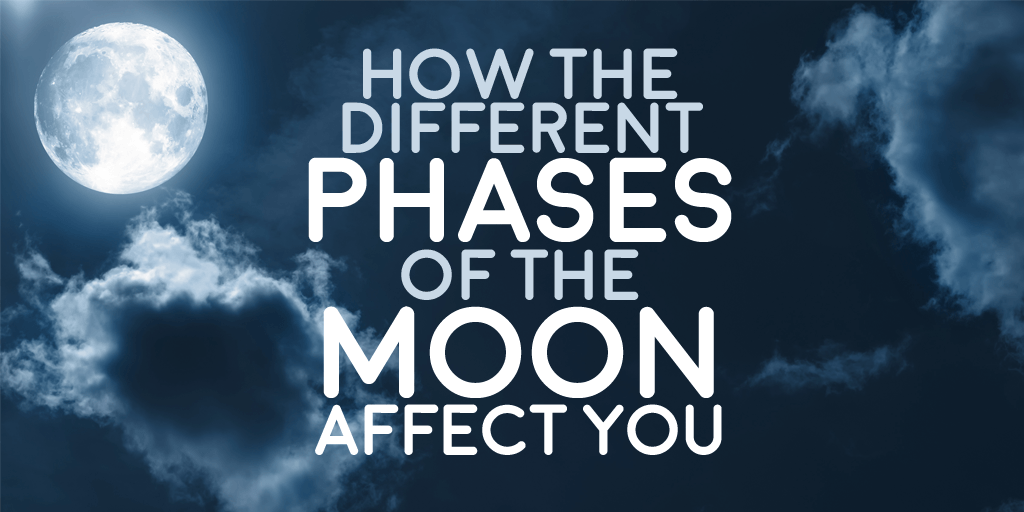 No dependence on the lunar cycle or location in Libra was found. nine0003
No dependence on the lunar cycle or location in Libra was found. nine0003
Similar work was done by scientists from Lithuania in relation to 186 patients admitted to surgery for the treatment of a ruptured intracranial aneurysm from 2011 to 2014. The result is also negative.
Scientists from the University of Nebraska (USA) tested how various environmental factors, including the lunar cycle and supermoons, affect the exacerbation of urolithiasis. The researchers analyzed 559 patient histories at a local clinic, but found no connection with the Moon. Most of the attacks occurred on normal days and only 16.1 percent on full moons. nine0003
© Alla Mikhailova Anatomical and astrological person
© Alla Mikhailova
The moon is a delicate matter
The myth about mental disorders aggravated during the full moon is not confirmed either. In the United States, 1,857 cases of psychiatric emergency hospitalization were studied. The calls were evenly distributed over all lunar phases.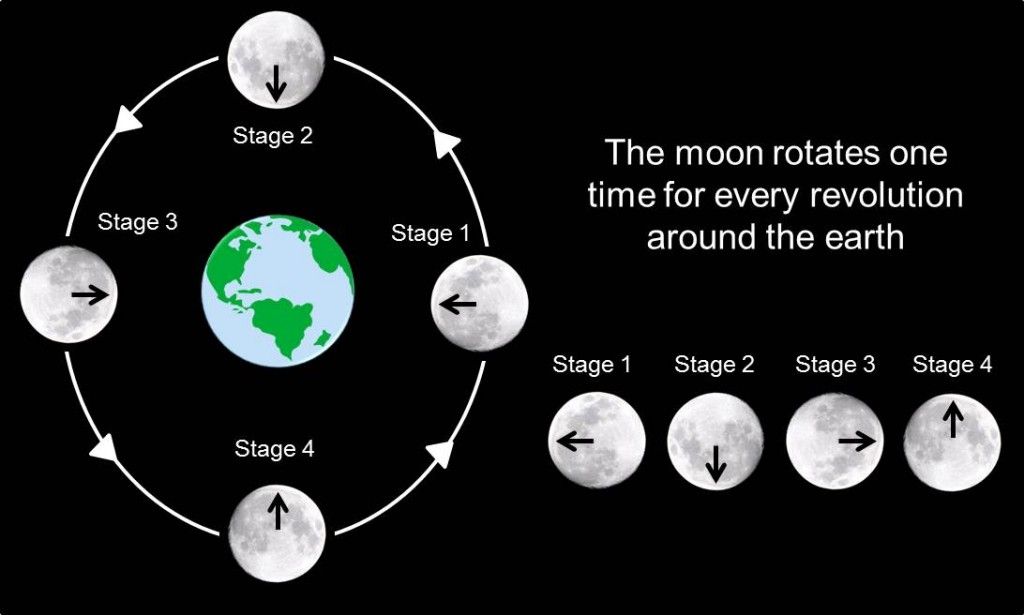
The authors of the work do not deny that the Moon affects the psyche, but the effect is so small that it cannot be measured by scientific methods.
July 27, 2018, 15:18 Science
An astronomer from Moscow State University told how best to monitor the lunar eclipse
Curious data is given in an article by Australian scientists. After analyzing the dates of hospitalization by ambulance at the Calvary Mater Newcastle clinic, the researchers found that 23 percent of seriously ill patients are admitted on a full moon. Patients fight with staff, kick, spit. But milder cases of disorders are not associated with the phases of the moon.
Scientists from Canada refute the myth about the influence of the Earth's satellite on people with mental disorders. In their opinion, researchers come to different conclusions, because they calculate the duration of the full moon in different ways: 12 hours, 24 hours, or three days. nine0003
Dogs bite on full moons just like they do on normal days, according to another Australian study.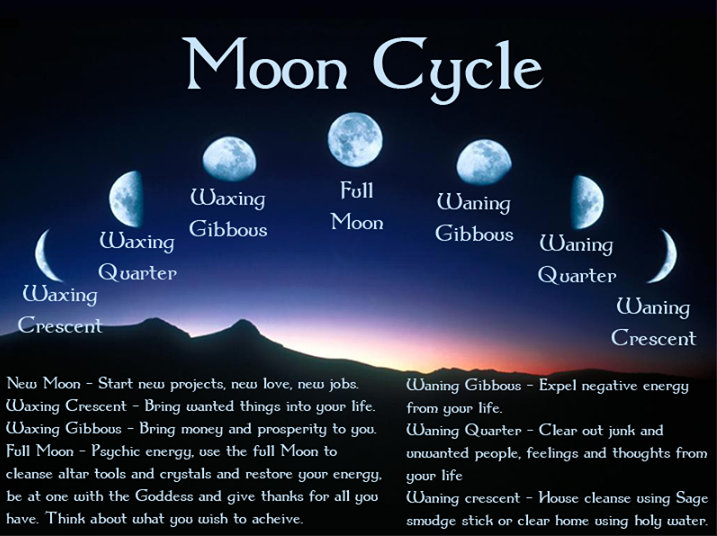
The number of injuries among football players does not depend on the lunar cycle. This was tested by scientists from Tunisia and Qatar on the medical records of members of the Qatari professional Premier League.
© BMJ Dependence of the number of human bites by dogs on the phases of the moon
Who sleeps worse
Scientists have not ignored the widespread opinion about sleep disturbance on the full moon. For example, a group from the United States and Canada studied this issue using the case of indigenous hunter-gatherer Hadza peoples in Africa and farmers in Madagascar. It turned out that the Hadza on the full moon sleep less and are more active during the day, with the onset of the new moon, their routine is more like an "owl". At the same time, the quality of sleep does not depend on the lunar cycle. nine0003
Swiss researchers recruited 33 volunteers for 64 nights (cumulative). During sleep, they did electroencephalograms (EEG) of the brain. It turned out that on the full moon, sleep is worse: shorter by twenty minutes, the time to fall asleep, on the contrary, increased by five minutes. The duration of deep slow delta sleep decreased by thirty percent.
The duration of deep slow delta sleep decreased by thirty percent.
Scientists from Switzerland, Germany and the Netherlands could not reproduce this result. According to the authors of the article, it is incorrect to draw conclusions based on 33 subjects. Taking information from hundreds of people from three different sleep institutes and superimposing it on the phases of the moon, the researchers found no relationship. nine0003
© Elsevier Ltd / Evidence that the Lunar Cycle Influences Human Sleep
© Elsevier Ltd / Evidence that the Lunar Cycle Influences Human Sleep
How the full moon affects people and nature
#Space
Share:
nine0002 Nikolai Zhivoglyadov
The full moon occurs every 29.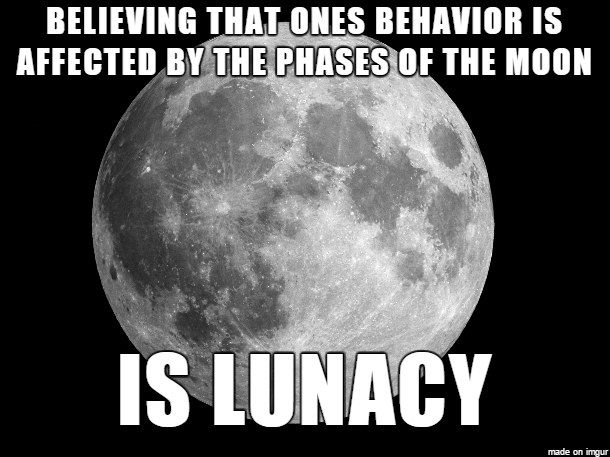 5 days and lasts one night. This happens at the moment when the Earth is located between the Sun and the Moon. The full disk of the moon is visible because the side facing the Earth is completely illuminated by sunlight.
5 days and lasts one night. This happens at the moment when the Earth is located between the Sun and the Moon. The full disk of the moon is visible because the side facing the Earth is completely illuminated by sunlight.
The influence of the full moon is given a mystical character. How it actually works and how it manifests itself.
What effect does the full moon have on a person and his health
In 2013, chronobiologists from the University of Basel published a study on the effect of the full moon on human sleep. After studying the topic for three years, they found that during this period, sleep is reduced by 20 minutes, the deep sleep stage is reduced by 30%, melatonin levels [the hormone that regulates sleep and wake cycles] decrease, and it takes 5 minutes more to fall asleep. nine0003
Subsequent studies did not confirm these data, but there were other observations. During the full moon:
- children slept 1% less;
- people wake up more often at night, and sleep is reduced by 25 minutes;
- poorer sleep quality.
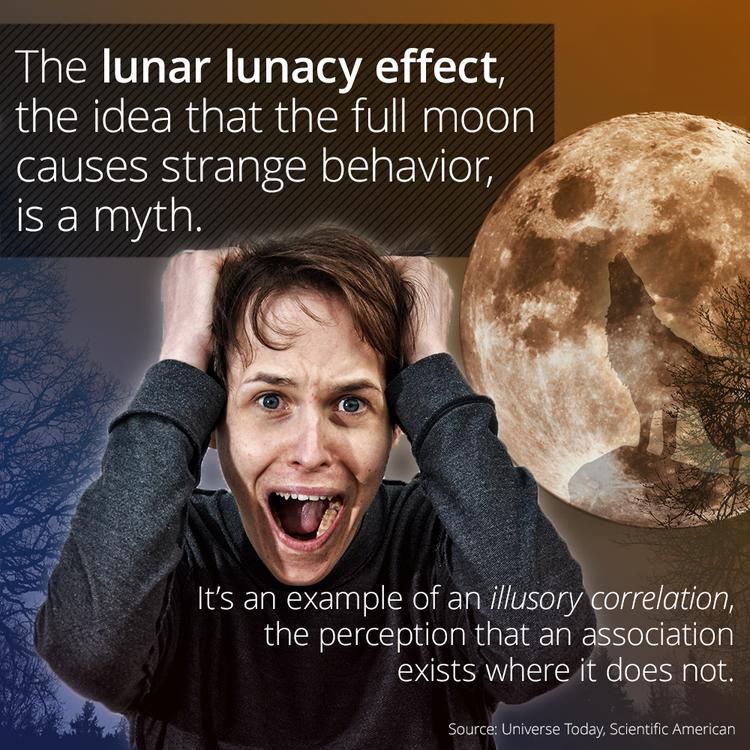
The connection between the full moon and the menstrual cycle is a myth. The team behind the Clue app, which tracks women's cycles, studied data from 1.5 million users and found no link between lunar phases and the onset of menstruation. Astrophysicist Maria Vlaich Wheeler explained: “You usually hear that ovulation occurs on the full moon, and menstruation begins on the new moon. After reviewing the data, we saw that the dates of the beginning of menstruation randomly fall out during the month, regardless of the phase of the moon. nine0003
In 2019, researchers from Switzerland and the United States analyzed data from 18,000 people who had been treated in 15 different psychiatric wards for 10 years. They found no connection between the full moon and mental health flare-ups: "The reasons for maintaining such beliefs can be found not in rational understanding, but in the primitive - emotional desire to believe that we are not solely responsible for our own behavior."
A team of scientists from the OPUS Research Center at the University of Copenhagen studied about 800 children aged 8 to 11 years for nine months.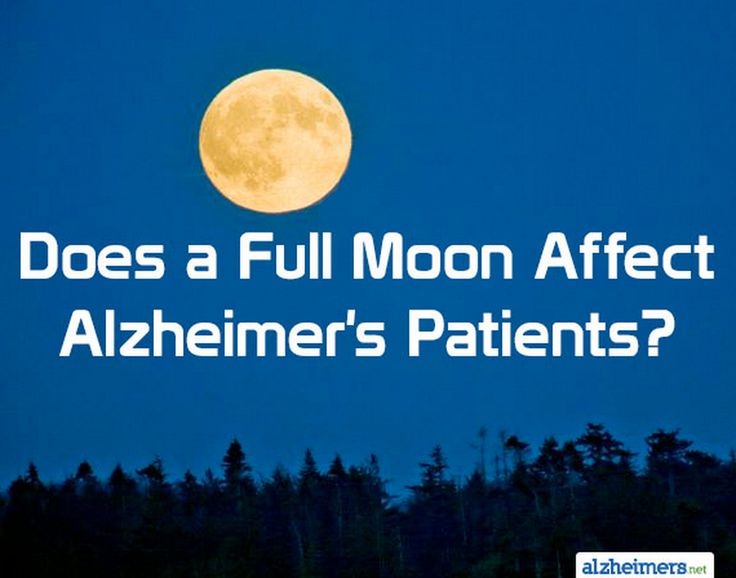 What features they recorded during full moons:
What features they recorded during full moons:
- 8% decrease in physical activity;
- 0.8 mmHg increase in blood pressure Art. = 1%;
- increase in blood sugar by 0.12 mmol/l = more than 2%;
- sleeping 4.1 minutes longer.
“This is very interesting,” said sleep specialist Birgitta Kornum. “At this stage, there is strong evidence that we all have a monthly cycle within us that affects our sleep and possibly other areas. The question is whether it is a coincidence that the cycle corresponds to the amount of moonlight that hits us, or whether the human cycle is an innate part of our biology, like the female menstrual cycle. nine0003
What happens to nature during a full moon
“The moon has three profound influences on life on Earth: time, light and tides,” said Tom S. White, senior curator at the Natural History Museum in London. “Two of these, light and tide, are also partially affected by the sun—moonlight is, after all, reflected sunlight, and some tides are the result of the combined gravitational pull of the moon and sun.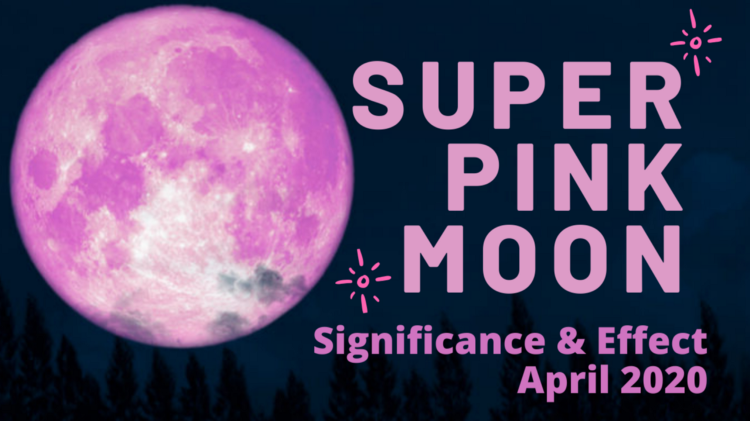
For many animals, especially birds, the Moon is important for migration and navigation; in others, their breeding time coincides with certain phases of the lunar cycle. And on a more practical level, nocturnal animals can hunt or forage more easily in the light of the moon, although going out during the lunar period comes with the risk of being hunted.” nine0003
White noted that the full moon, as well as water temperature, salinity and food availability, affect coral spawning. According to him, the period after the full moon is the trigger for coral reproduction. In 2005, marine biologist Oren Levy observed this phenomenon in Australia: more than 130 species of coral appear simultaneously on the Great Barrier Reef, when some spew sperm and others spew eggs.
French researchers observed how wide oysters opened their shells for 3.5 months. They noticed that two types of oysters in Arcachon Bay were more open during new moons and more closed during full moons. Damien Tran, a University of Bordeaux researcher, suggested that this may be due to the fact that more algae or other food is available to them during the new moon and throughout the year.